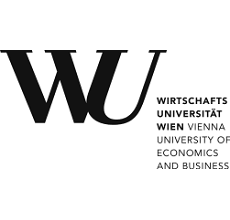
Citizen-PB
According to the Vienna Manifesto on Digital Humanism, digital technologies should be designed to promote democracy, inclusion and enhance civic participation. Today, the need for new forms of political participation for ordinary citizens is higher than ever in light of the record low levels of trust in politics and declining civic engagement. One of the most widespread and popular examples of democratic innovation is participatory budgeting (hereafter, PB), which allows citizens to decide how to allocate (parts of) cities’ budget. Specifically in Europe, PB often takes the form of e-PB, where most of the participation happens online. This has spurred significant effort into the development of sophisticated algorithms that enable complex voting mechanisms for e-PB. However, little progress has been made in understanding what citizens expect from such algorithms and what properties would make the decisions produced by such algorithms legitimate in the eyes of citizens. This can only be answered by combining methods from political science for eliciting citizen’s preferences and legitimacy concerns with methods from computer science that show which properties can actually be satisfied. This is precisely the task of this interdisciplinary proposal, namely to bring two teams from computer science and political science together to understand citizen preferences for the algorithms behind e-PB voting and to develop algorithms respecting these preferences as much as possible.
Partners


